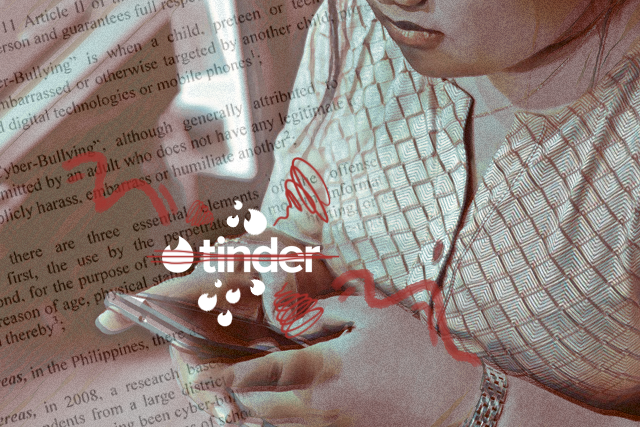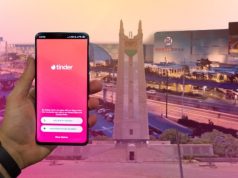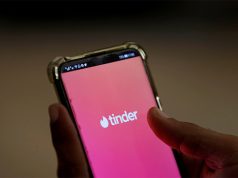
A major internet service provider denied reports that it has blocked a dating application due to a “government” order after receiving complaints from a subscriber.
Twitter user EJ Serrano messaged the PLDT Home page on Facebook after he found out that he cannot access Tinder.
Today in shitty government laws: Tinder for Anti-Cyber Law
If you’ve been wondering why Tinder doesn’t work in some wifi networks.
P.S. If di kayo makahanap ng match sa Tinder wag niyo kami idamay. Pota pic.twitter.com/ovwOYFmByA
— EJ Serrano (@ejontheedge) November 21, 2018
Further verification from PLDT-Smart itself revealed that there are no orders from the government to block the application and that it is still accessible.
“Our initial finding is that there is no government order to block access to the app. We are now checking reports that some people have had difficulty in accessing the site,” Ramon Isberto said.
He is the head of the company’s public affairs and corporate communications department.
Update on this Tinder drama:
So PLDT called me. LOL.
Apparently… it’s not really blocked by the government but on PLDT’s part hence why most people who use PLDT can’t access it but not all. Still not sure where the agent got their info but I guess that clears everything.
— EJ Serrano (@ejontheedge) November 22, 2018
Tinder is a dating application that lets its user meet people in a certain geographic location.
However, it can also be used as a tool for “hook-ups” where people can find a casual sexual partner. This puts the users at risk of sexual harassment, cybersex and even child pornography.
Similar attempts at blocking
Last year, the government blocked pornographic websites from being accessed by Filipinos for violating Republic Act 9775 or the “Anti-Child Pornography Act of 2009.”
Subscribers of Smart and Sun Cellular mobile data reported that they cannot access the websites of PornHub, Xvideos and Red Tube, among others.
It was to prevent cases of child trafficking, according to the Philippine National Police Anti-Cybercrime Group (PNP-ACG).

Despite their intention, civil rights group and the Supreme Court criticized the move since the PNP failed to submit a court order that was required prior to the blocking attempt.
A blog in July 2018 observed that a crackdown on pornographic websites was once again being implemented by the government without due announcement.
A look at the anti-cybercrime law
Republic Act 10175 or the “Cybercrime Prevention Act of 2012” was signed by former President Benigno Aquino III to prevent cases of cybersex, child pornography, cyber-squatting, identity theft and hacking, among others.
It was created “to protect and safeguard the integrity of computer, computer and communications systems, networks, and databases” from all forms of misuse and illegal access.
Some of the specific offenses listed under the law are libel, illegal interception, data and system interference and computer-related fraud and forgery.
Offenders can be generally fined from P200,000.00 up to P10,000,000.00 and be imprisoned from six to twelve years.
Government agencies responsible for implementing and enforcing the law are the National Bureau of Investigation and the Philippine National Police. — Artwork by Uela Altar-Badayos








